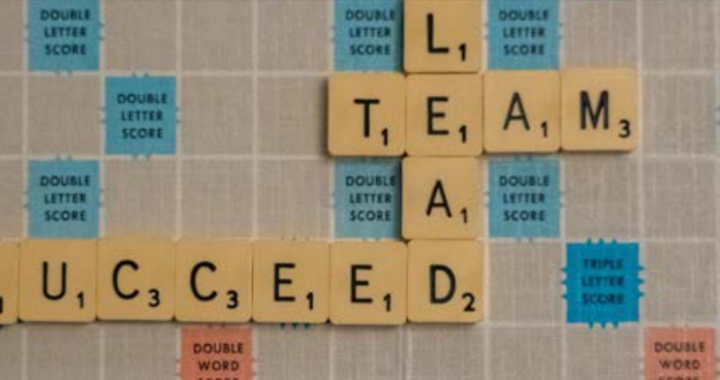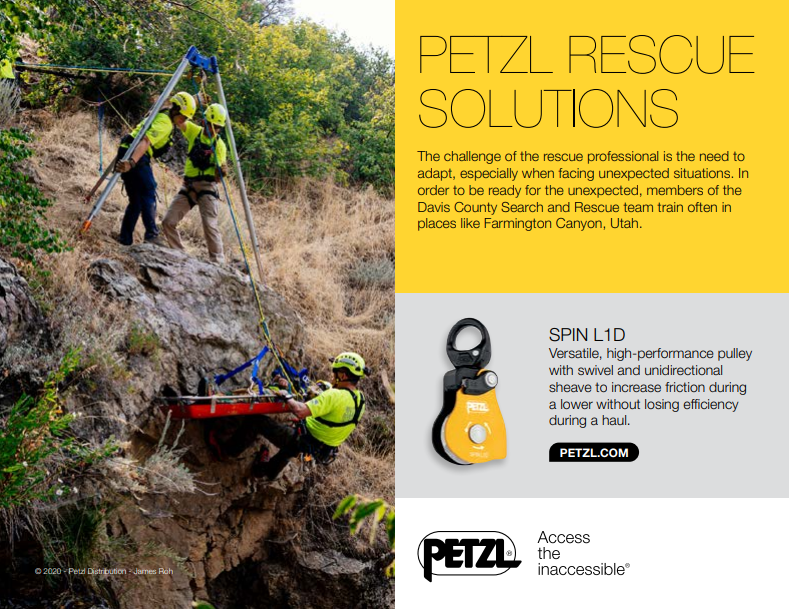In the Spring of 2021, we created a Leadership and Relationship Development committee. This committee was created because leadership and relationship development are skills and like all skills they require development, training and practice in order to maintain and improve.
In the corporate world I have had the opportunity to experience both good and bad leaders. One particularly bad experience was with a boss that was all about managing up. His priority was what upper management thought of him, disregarding his team or developing relationships with other teams. This was apparent to everyone on the team causing them to lose unity, respect and trust for their manager. The dysfunction this manager created eventually caused team members to either leave the company or seek out other positions. The team became a revolving door. The lack of leadership this boss displayed became well known throughout the company, but it took a long time before this boss was removed from the leadership role which damaged the organization for some time.
In this case, the boss was good at his job. His work was respected and was recognized with a promotion into a management role. However, once the boss was in the management role, likely lacking management knowledge, the wheels came off and his focus was inadvertently misdirected. While it would be easy to blame this new manager, it also would’ve been easy for upper management to train and develop this manager to be successful rather than expecting leadership skills to come naturally. This scenario plays out across all kinds of organizations. Those who exhibit skills in one area get promoted or elevated into a leadership role where they are suddenly expected to be good leaders without any leadership training.
An example of a good corporate leader I have experienced is where the boss identifies the skills of each team member, delegates appropriately and helps develop each member. He fosters trust and allows each member to work with autonomy vs micromanaging. The boss develops relationships across the organization and promotes the team instead of himself. Most importantly, the boss always has your back and will always go to bat for you. I’ve never heard this boss raise his voice, he doesn’t have to because he has set clear expectations of the team, provided consistent coaching and follow-up. When those expectations aren’t met, he effectively communicates with the team by asking for input, actively listening and facilitating safe conversations. Usually, the team already has a corrective action plan ready for review. This manager is open to feedback, and has earned the trust of his team.
I know that the boss received leadership training in the past, and that he practices his leadership skills daily in his executive leadership role. No matter how good someone is at leading people naturally, they can always improve.
Is leadership training the answer? Not solely in my opinion. While it can provide tools to help newly promoted leaders develop a foundation, I don’t think any single leadership training is a “silver bullet.” Leadership examples and training can come from various areas; following a mentor, reading biographies about well-known leaders, reading history (I prefer military history), and books on mountaineering or expeditions. The point is that leadership is a skill that requires consistent practice and development. If you aren’t fostering that skill, it is the same as not practicing the many technical/tangible skills required in search and rescue.
Mountain Rescue requires a complex set of skills before, during and after a rescue. Leadership & Relationship development are some of those skills that I highly encourage every MRA member to continue to develop.
Respectfully,
Doug
MRA President



